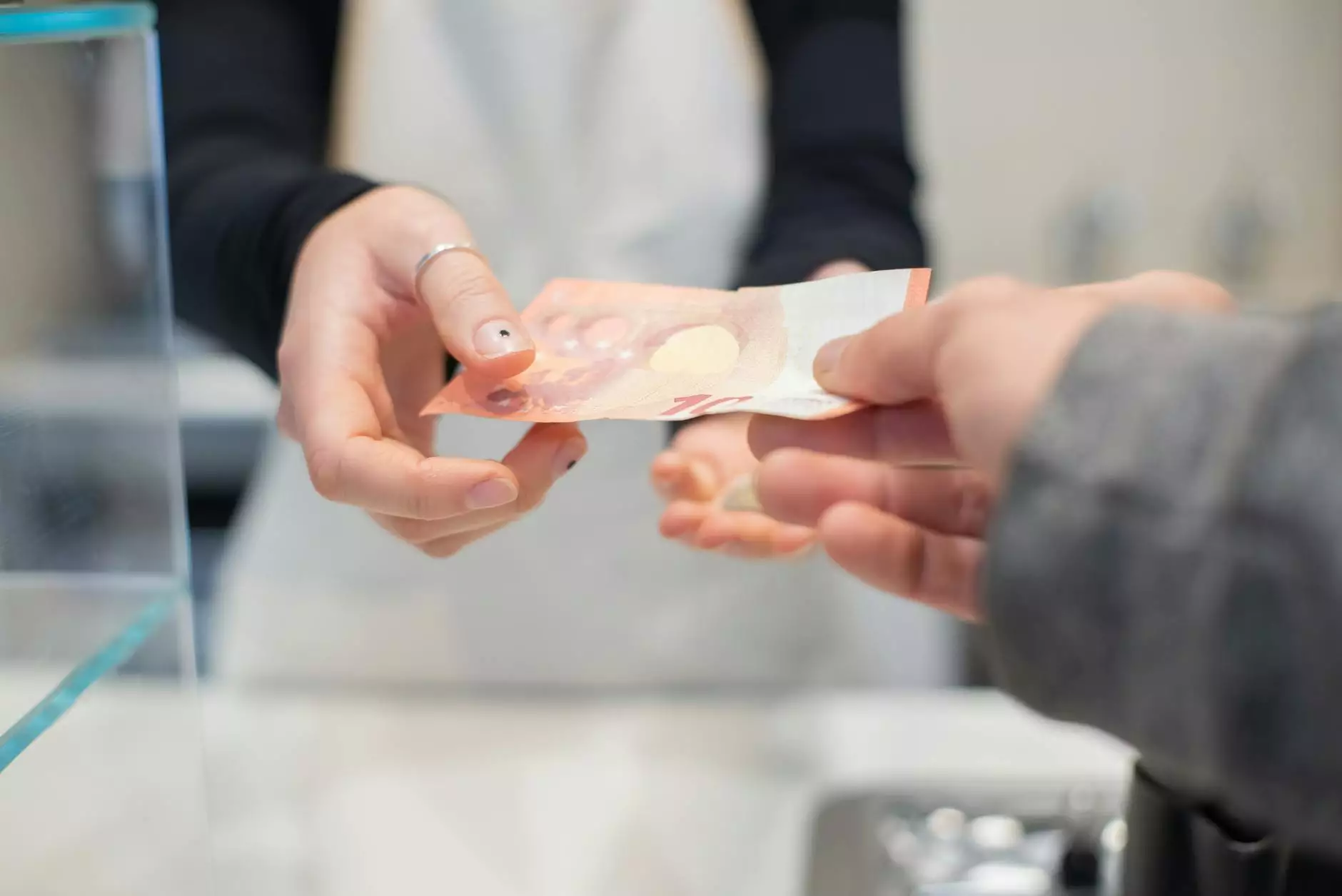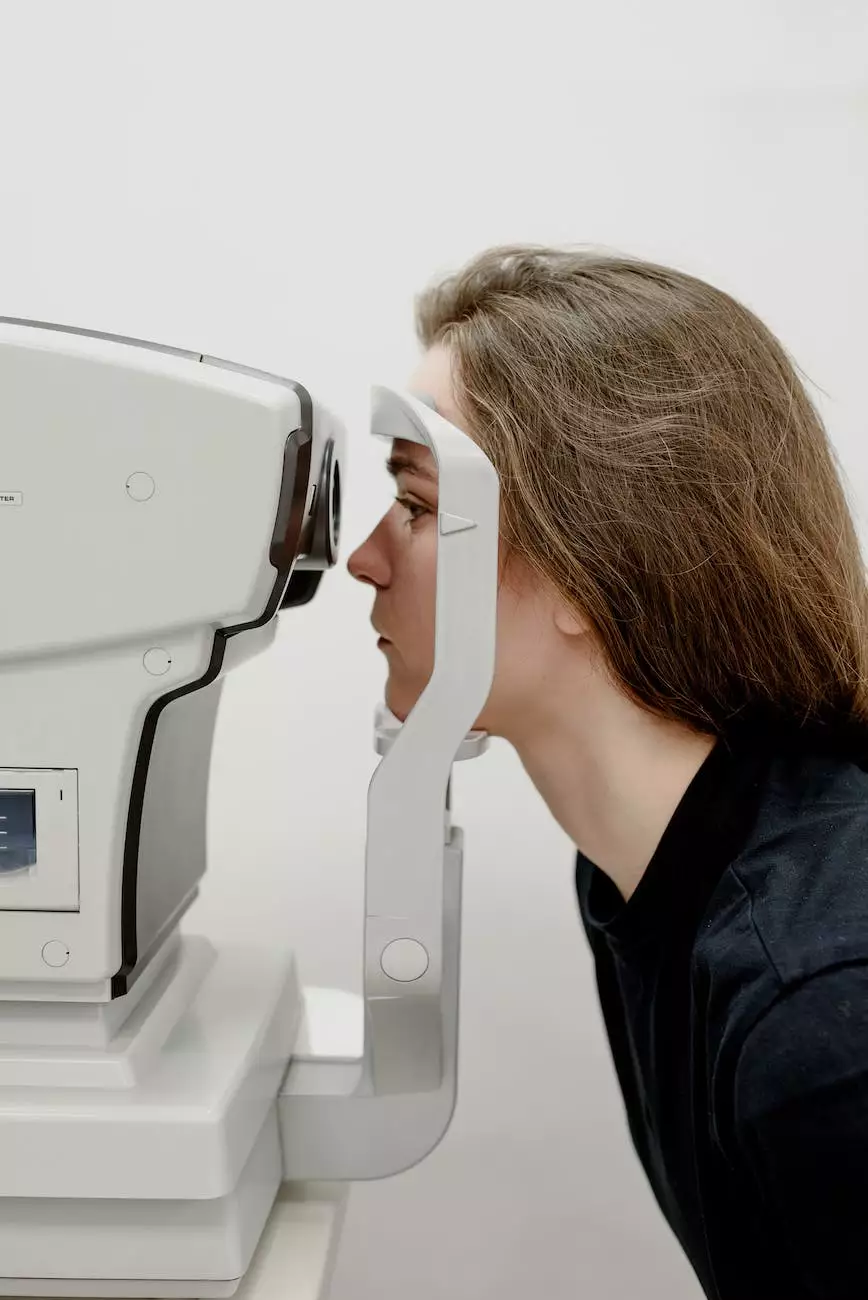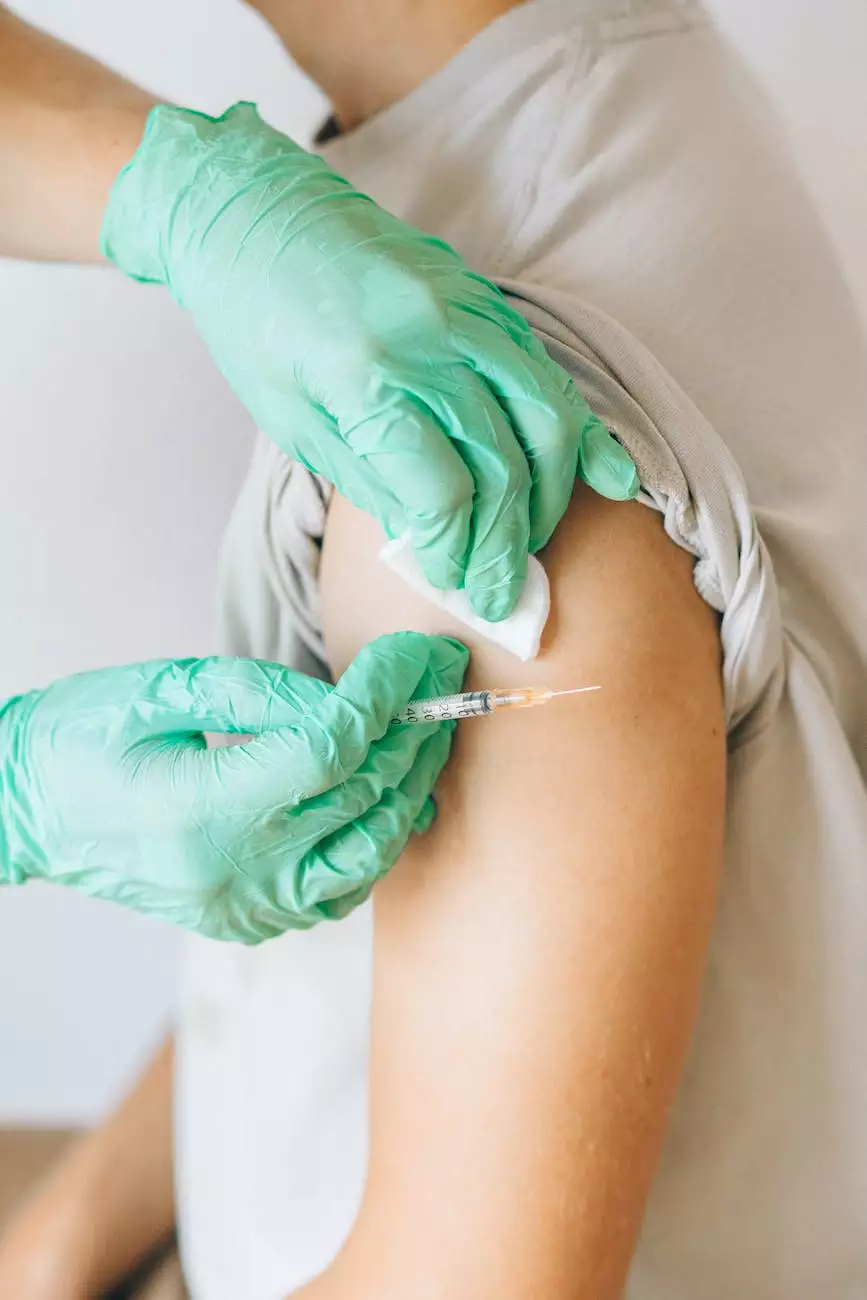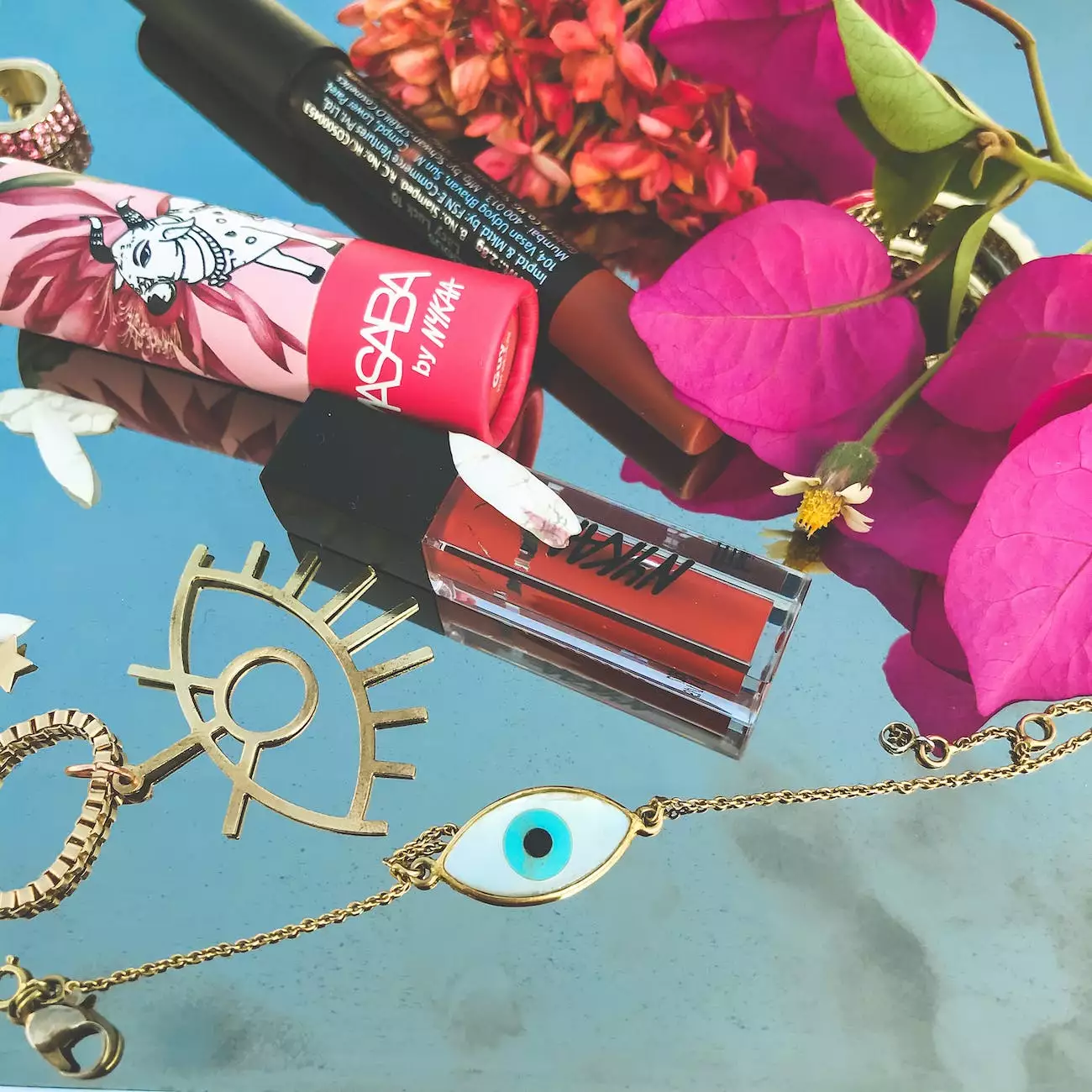Minor Burns - Gateway Family and Urgent Care
Services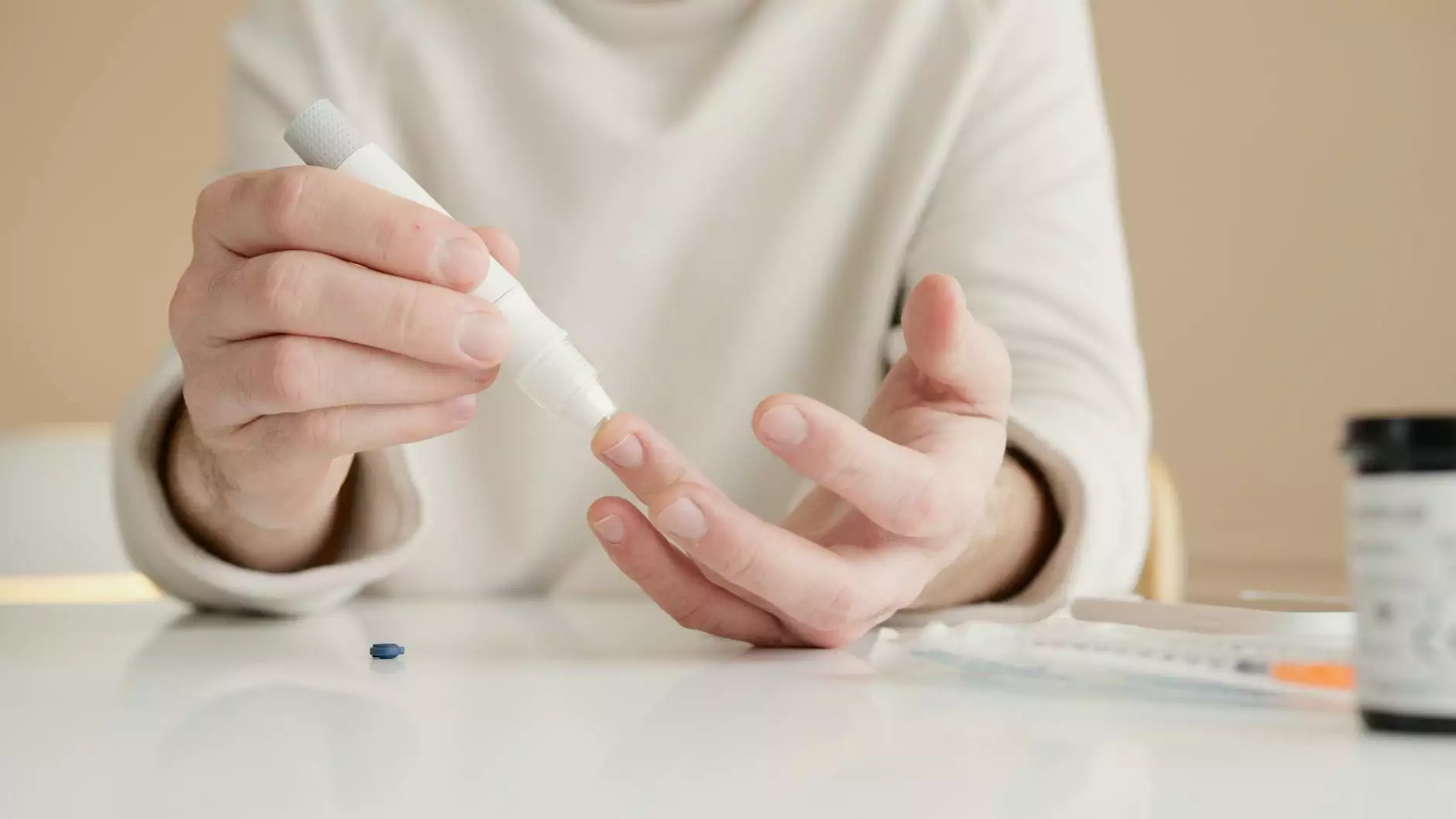
Overview
At Gateway Family and Urgent Care, we understand the pain and distress that minor burns can cause. Dr. Benjamin Shettell, MD, and his expert team specialize in providing compassionate and effective care for minor burns. We aim to provide you with comprehensive information on preventing, treating, and recovering from minor burns.
The Basics of Minor Burns
Minor burns are common injuries that result from direct contact with heat, chemicals, electricity, or radiation. These burns usually affect the top layers of the skin and are characterized by redness, pain, swelling, and sometimes blistering. While minor burns can be incredibly painful, they generally heal well with proper care and attention.
Types of Minor Burns
There are three main types of minor burns:
- First-degree burns: These burns affect the outer layer of the skin, causing redness, pain, and minimal swelling. They typically heal within a week.
- Second-degree burns: These burns affect the outer layer of the skin and the layer underneath, resulting in redness, swelling, pain, and blisters. Depending on the severity, second-degree burns may take up to three weeks to heal.
- Superficial burns: Also known as sunburns, superficial burns are caused by overexposure to the sun's ultraviolet (UV) rays. They are characterized by redness, tenderness, and peeling of the skin. Healing time varies depending on the severity of the burn.
Prevention and Safety Measures
Preventing minor burns is essential in maintaining your overall well-being. Here are some tips to reduce the risk of minor burn injuries:
- Avoid direct contact with hot surfaces: Always use oven mitts or gloves when handling hot objects, such as cooking utensils or hot pots and pans.
- Set water heater temperature: Set your water heater temperature to a safe level, around 120 degrees Fahrenheit, to prevent accidental scalding.
- Practice fire safety: Install smoke detectors, extinguish candles before leaving the room, and keep a fire extinguisher within easy reach.
- Handle chemicals safely: Use proper protective equipment, such as gloves and goggles, when handling chemicals. Follow the safety guidelines provided by the manufacturer.
- Ensure sun protection: Apply a broad-spectrum sunscreen with a high SPF regularly to protect your skin from harmful UV rays.
Treatment and First Aid
In the event of a minor burn, it is crucial to take immediate action. Here are some steps you can take:
First Aid for Minor Burns
If you or someone else experiences a minor burn, follow these first aid measures:
- Cool the burn: Hold the affected area under cool (not cold) running water for at least 10 minutes to reduce pain and prevent further damage.
- Remove tight clothing and jewelry: Take off any clothing or jewelry near the burn, as they can restrict circulation if swelling occurs.
- Apply a sterile dressing: Cover the burn with a clean, non-stick dressing or a sterile cloth to protect against infection.
- Take pain relief medication: Over-the-counter pain relievers, such as acetaminophen or ibuprofen, can help alleviate pain and reduce inflammation.
- Do not: Burst blisters, apply ice directly to the burn, or use adhesive bandages, as they can trap heat and cause further damage.
When to Seek Medical Attention
While most minor burns can be treated at home, it is essential to seek medical attention in the following scenarios:
- Large or deep burns: If the burn covers a large area of the body or is deep, it may require medical evaluation and treatment.
- Signs of infection: If the burn becomes red, oozes pus, or develops increased pain, it may indicate an infection and should be evaluated by a healthcare professional.
- Electrical or chemical burns: Burns caused by electricity or chemicals should be assessed by a medical expert to determine the extent of the damage.
- Difficulties in movement: If the burn affects joint movement or hinders daily activities, seek medical attention for appropriate care.
- Pain and discomfort persist: If the pain and discomfort persist despite home remedies, consult with a healthcare provider for further guidance.
Your Trusted Care Provider - Benjamin Shettell, MD
At Gateway Family and Urgent Care, Dr. Benjamin Shettell, MD, has extensive experience in treating minor burns. With his expertise, he ensures that patients receive the highest level of care and attention.
Dr. Shettell and his dedicated team provide personalized treatment plans, focusing on pain relief, wound healing, and minimizing the risk of infections. They understand the physical and emotional impact of minor burns and strive to help patients recover and regain their well-being.
If you or your loved one has experienced a minor burn, don't hesitate to reach out to Gateway Family and Urgent Care. Dr. Benjamin Shettell, MD, and his team are here to provide compassionate care and guide you through the necessary steps for a successful recovery.
Remember, when it comes to minor burns, quick action and proper medical attention can make all the difference in your healing journey. Trust Gateway Family and Urgent Care with your burn care needs. Contact us today to schedule an appointment or visit our clinic.



